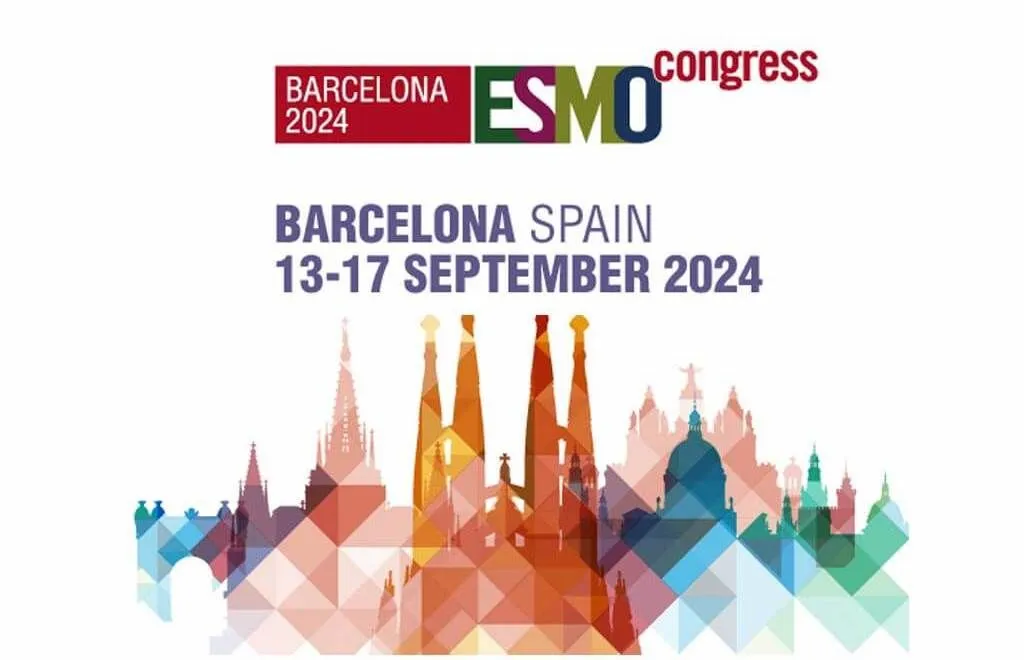Oncology Innovations: Exploring Trial Data and AI Developments at ESMO 2024

Oncology Innovations Highlighted at ESMO 2024
Oncology innovations are taking center stage at the ESMO Congress 2024, where practice-changing trial data will be presented over five days in Barcelona, Spain, from September 13-17. The Congress will showcase crucial results that could redefine cancer care, with special emphasis on the integration of artificial intelligence (AI) in clinical practices.
Key Features of the Congress
- Presentation of 86 late-breaking abstracts, aiming to impact current cancer treatment protocols.
- Three Presidential Symposiums, comprising two focused on practice-changing trials and one themed “Eyes to the Future”.
- Phase 3 results including the EORTC-GUCG 1333/PEACE-3 trial for prostate cancer using enzalutamide.
- Discussions on novel therapies, including sessions on the use of antibody-drug conjugates (ADCs) in various cancers.
- Patient advocacy explorations concerning the psychological aspects of treatment and novel oncology medicines.
Artificial Intelligence in Cancer Care
A core part of the Congress is the focus on artificial intelligence and its potential to revolutionize oncology. Notably, a session led by Amy Abernethy, MD will discuss the implementation of AI at scale and enhancing precision oncology approaches.
Addressing Young-Onset Cancers
The Congress will also emphasize young-onset cancers, delving into factors contributing to their rise and offering insights into prevention and treatment protocols.
Disclaimer: The information provided on this site is for informational purposes only and is not intended as medical advice. We are not responsible for any actions taken based on the content of this site. Always consult a qualified healthcare provider for medical advice, diagnosis, and treatment. We source our news from reputable sources and provide links to the original articles. We do not endorse or assume responsibility for the accuracy of the information contained in external sources.
This article was prepared using information from open sources in accordance with the principles of Ethical Policy. The editorial team is not responsible for absolute accuracy, as it relies on data from the sources referenced.